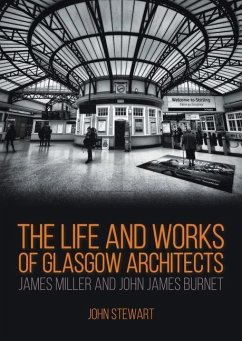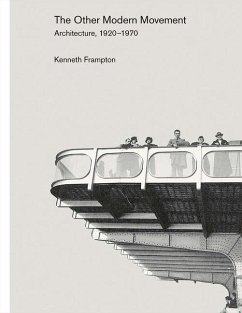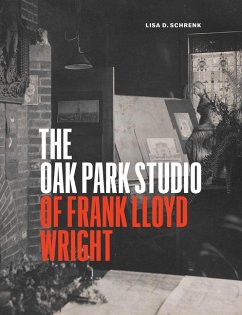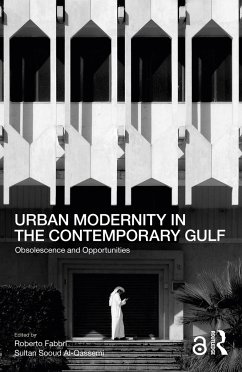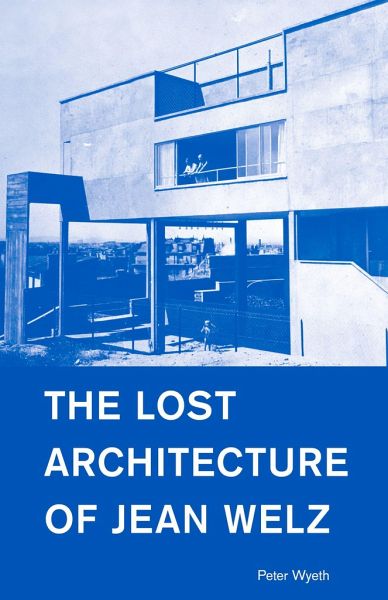
The Lost Architecture of Jean Welz

PAYBACK Punkte
19 °P sammeln!
A deserted Paris house holds the mystery of a brilliant Viennese modernist who worked alongside Le Corbusier and Adolf Loos before vanishing. Wyeth takes readers on a deeply personal and revelatory journey. This research process, which readers experience vicariously, makes Wyeth’s prose exhilarating as tiny details become breakthroughs of grand proportions. […] For late architect and painter Jean Welz, designs should reflect one’s aesthetic and political commitments. This narrative will resonate with anyone interested in the politics of architecture, or the pursuit of knowledge at large....
A deserted Paris house holds the mystery of a brilliant Viennese modernist who worked alongside Le Corbusier and Adolf Loos before vanishing. Wyeth takes readers on a deeply personal and revelatory journey. This research process, which readers experience vicariously, makes Wyeth’s prose exhilarating as tiny details become breakthroughs of grand proportions. […] For late architect and painter Jean Welz, designs should reflect one’s aesthetic and political commitments. This narrative will resonate with anyone interested in the politics of architecture, or the pursuit of knowledge at large. —Hyperallergic "BEST ART BOOKS OF 2022" Welz’s having been “lost” is indeed a travesty of architectural history to which the book serves as a welcome antidote. —Artforum A leading painter still highly regarded in South Africa, Jean Welz's prior architectural career has been virtually unknown until a string of discoveries unfolded for author and filmmaker Peter Wyeth, allowing him to narrate this amazing true tale of genius. Trained in ultra-sophisticated, but conservative Vienna, Welz was sent to Paris for the 1925 Art Deco exhibition by his influential employer, renowned architect Josef Hoffmann. There he met preeminent modern architects Le Corbusier and Adolf Loos. The latter employed him to assist in building a house for the founder of Dada, Tristan Tzara. They all mixed in avant-garde circles at the Dôme Café in Montparnasse along with Welz’s classmate from Vienna, later Chicago-based architect Gabriel Guevrekian; Welz’s future employer Raymond Fischer, whose archive was mostly destroyed by Nazis; and photographer André Kertész. Through Welz’s South African family archive, author Wyeth retrieves stories, letters, portfolios, and photographs generations after Welz’s death that unravel his heroic designs, his stunning built critique of Corbusier’s “Five Points of Architecture,” a gravestone for Marx’s daughter, and the many ways that Welz disappeared amongst his collaborators, intentionally and not. This account of why Jean Welz did not become a famous name in architecture takes us through his brother’s Nazi-art-dealings, illness, betrayal, emigration, and an uncompromising artist’s vision at the same time sifting through significant, literally- concrete evidence of Welz’s built projects and visionary designs.







